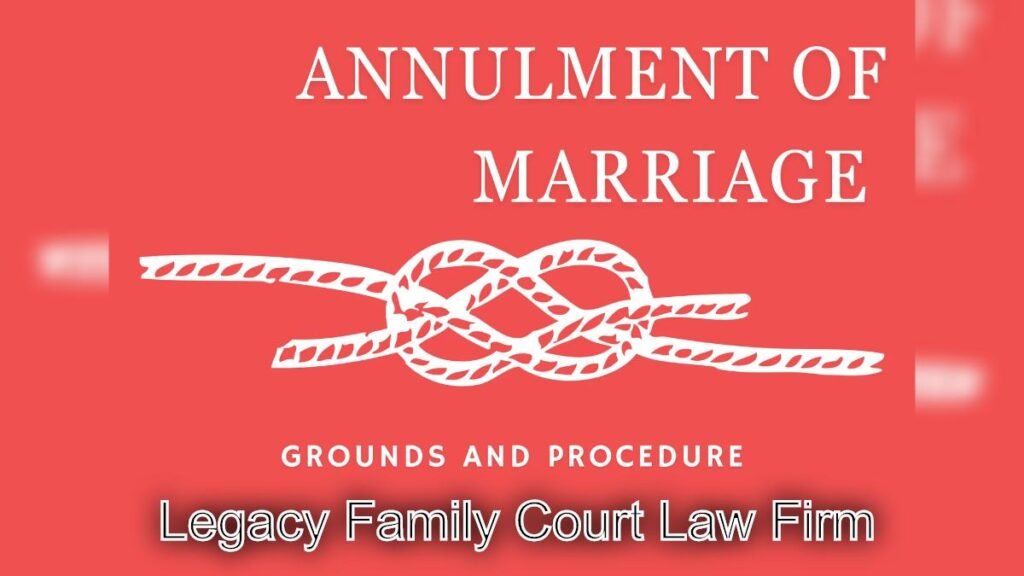Annulment of Marriage in India: Grounds and Procedures
Annulment of Marriage in India: An annulment is a legal declaration that a marriage was never valid from its inception. It is different from a divorce, which dissolves a previously valid marriage. In India, specific grounds must be established to obtain an annulment. Annulment of Marriage in India: Grounds and Procedures: Legacy Family Court Law […]
Annulment of Marriage in India: Grounds and Procedures Read More »




